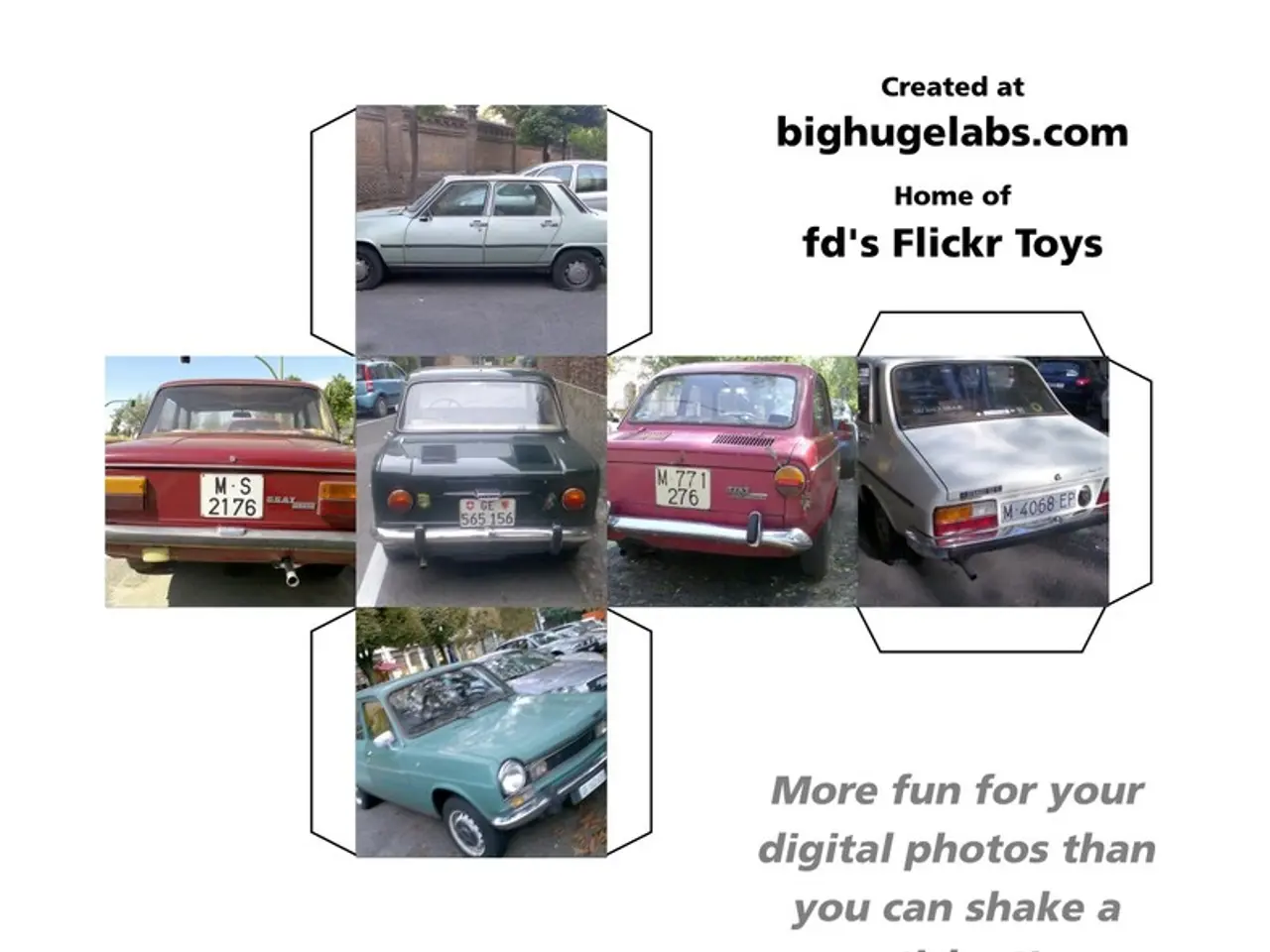In the initial half of the year, Volkswagen endured a monetary loss amounting to 1.3 billion euros due to Trump's imposed tariffs.
In the first half of 2025, Volkswagen faced significant financial challenges due to trade conflicts and tariffs, particularly the 25% US tariffs on imported vehicles and auto parts. These tariffs have cost the company 1.3 billion euros, according to reports.
The impact of these tariffs was evident in Volkswagen's financial results. The company's operating profit dropped substantially, with a 33% decline to €6.7 billion compared to the previous year. Notable impacts were seen on Volkswagen's luxury divisions—Audi's profit fell by about 64% and Porsche's by 91%, prompting downward revisions of their margin forecasts to 4–5% from prior estimates of 5.5–6.5%.
Sales in the US plummeted by 16% mainly due to the tariffs, while growth in South America (+19%) and Europe (+2 to +5%) somewhat compensated. Overall Volkswagen sales in the EU rose 2.3% despite a 1.9% drop in new car sales across the EU.
Volkswagen also faced €700 million in restructuring costs and lower margins due to increased sales of electric vehicles, which currently carry thinner margins. As a result, the net cash flow for the first half of 2025 turned negative at -€1.4 billion, with net liquidity forecasts reduced slightly due to the challenging environment.
Despite these headwinds, Volkswagen's operating margin in the second quarter, excluding restructuring and tariff effects, was close to the upper end of their expectations at nearly 7%.
Volkswagen CEO Oliver Blume stated that the company "has held its own economically" despite a challenging environment. The success of new products, improved design, technology, and quality, as well as significant software advancements, have been the foundation of Volkswagen's recent performance.
In the first half of the year, Volkswagen's profits fell by 38.5% to 4.48 billion euros compared to the previous year. The company's revenue only fell slightly by 0.3% to 80.1 billion euros in the same period. Vehicle deliveries to customers in the first half of the year were 80.1 billion euros, representing a 1.3% increase.
Volkswagen's electric vehicle brands have also seen growth, increasing their market share in Europe to 28%. The company's vehicle deliveries to customers in the first half of the year showed growth in various regions, including South America (up 19%), West Europe (up 2%), and Central and Eastern Europe (up 5%).
However, Volkswagen announced that restructuring measures and lower profit margins on electric models also put pressure on results. The company is continuing to adapt and navigate the challenging environment, with Blume expressing confidence in Volkswagen's ability to overcome these challenges.
Sources: [1] Reuters, "Volkswagen's operating profit drops 33% in first half on trade tariffs, restructuring costs", 2025-07-01. [2] Automotive News Europe, "Volkswagen's U.S. sales drop 16% in first half due to tariffs", 2025-07-01. [3] Financial Times, "Volkswagen issues profit warning as tariffs bite", 2025-07-01. [4] Bloomberg, "Volkswagen's Net Cash Flow Turns Negative in First Half", 2025-07-01.
- In an effort to mitigate these financial challenges, Volkswagen has outlined comprehensive policy changes, including revisions to both community policy and employment policy, to streamline operations and reduce costs.
- The company is also exploring partnerships with various industries, such as finance, transportation, and automotive, to leverage their expertise and achieve synergies that could improve Volkswagen's financial stability.
- To ensure the long-term success of its electric vehicle brands, Volkswagen has implemented a multi-pronged strategy that includes aggressive investment in research and development, expansion of its electric vehicle footprint in key markets like Europe, and ongoing negotiations with government bodies to update and advocate for favorable employment policies for electric vehicle manufacturers.




